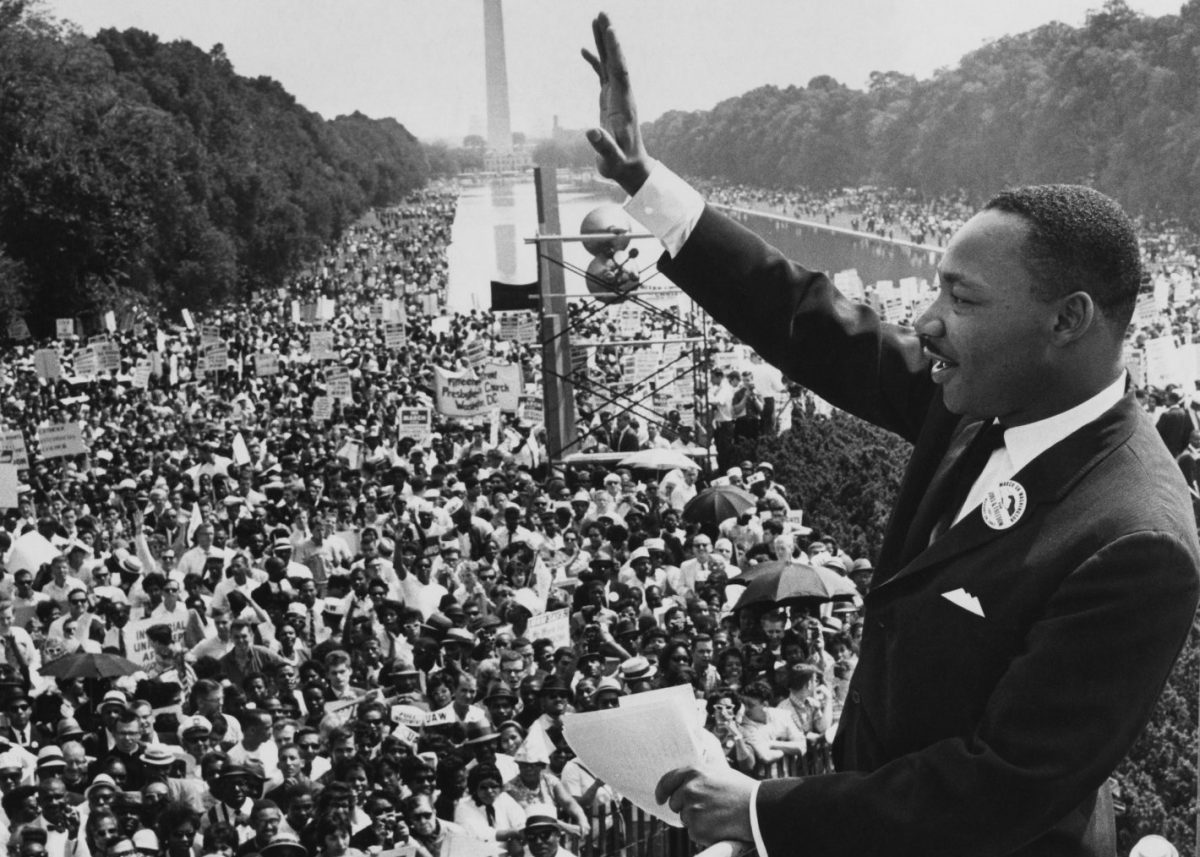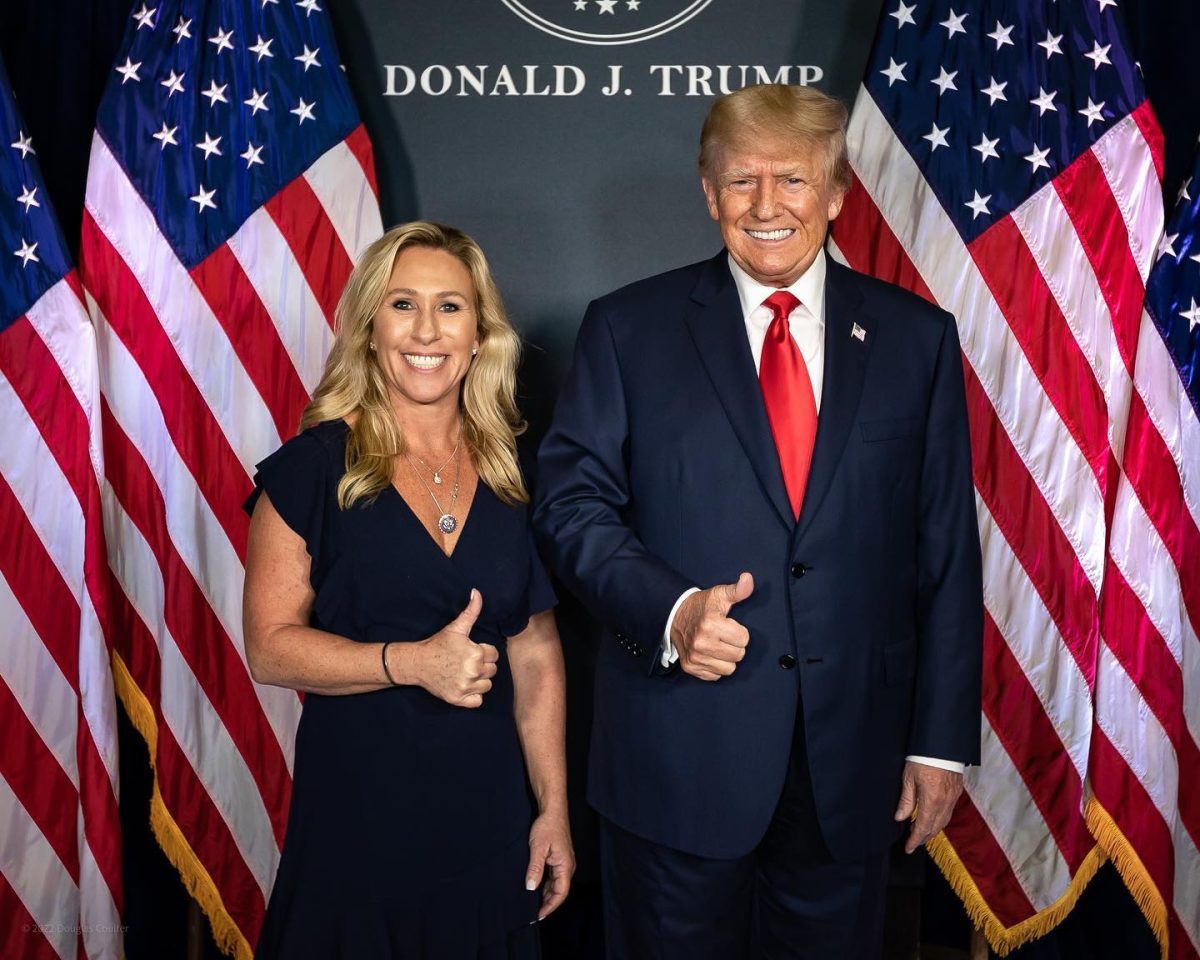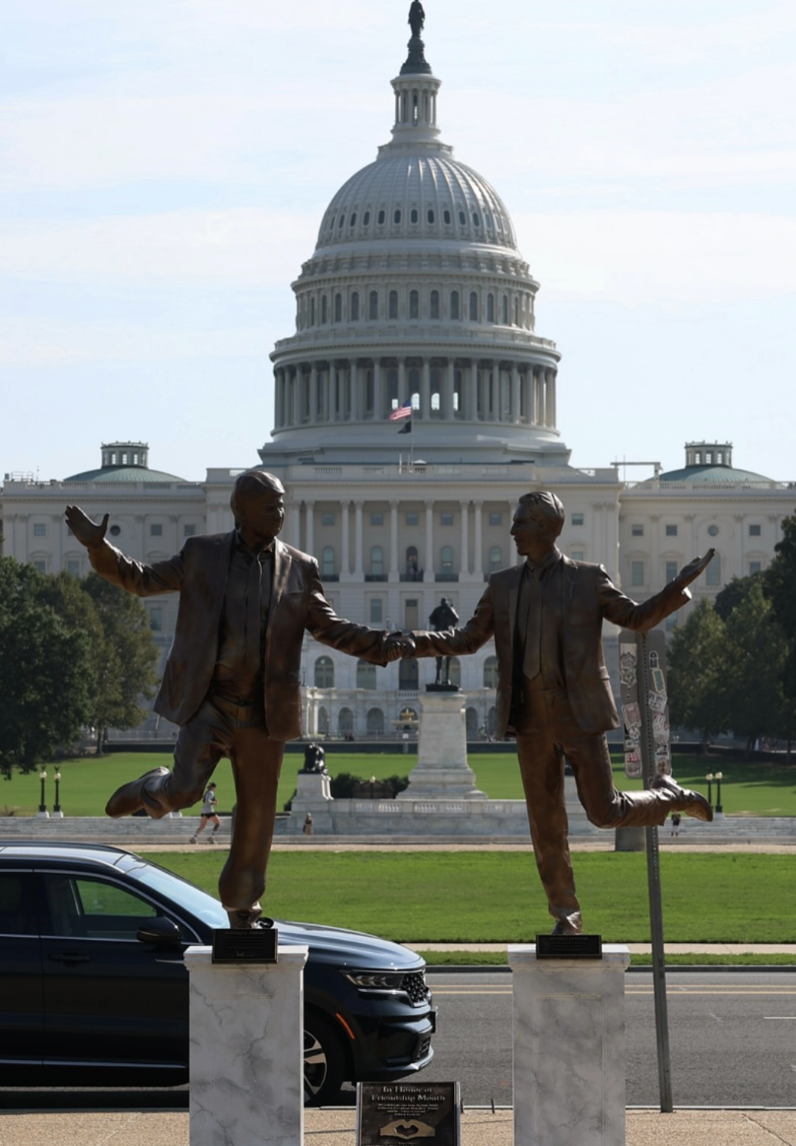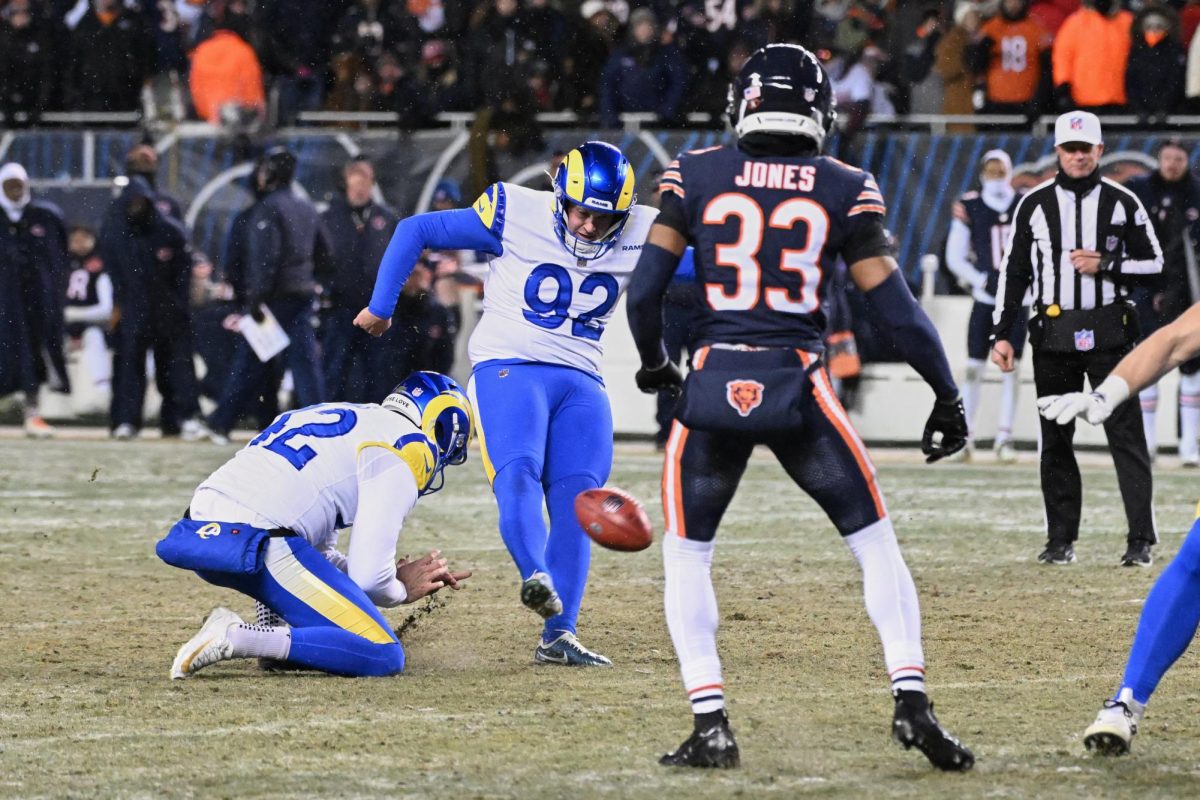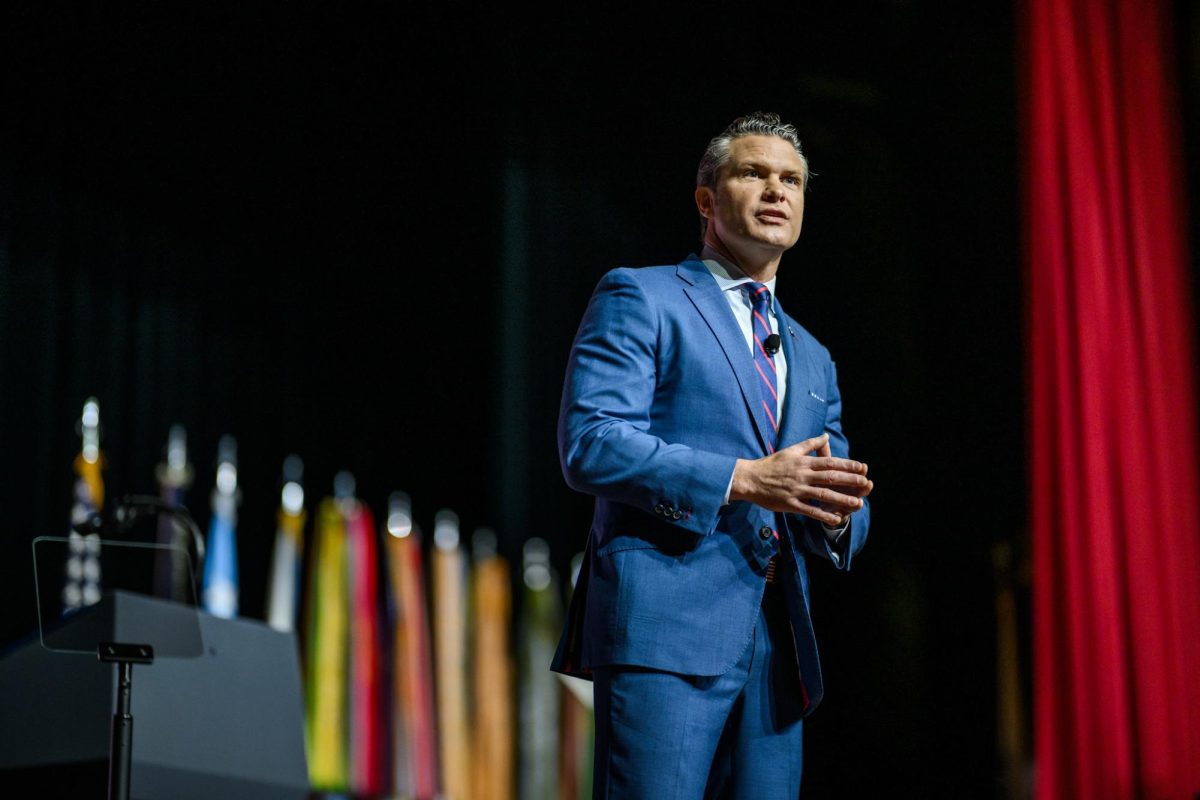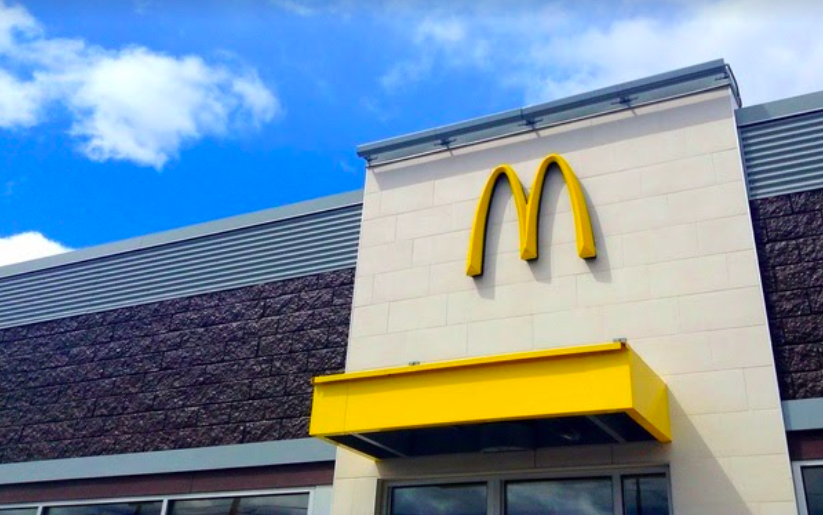The CEO of McDonald’s Blames the Parents of Shooting Victims in Released Text Exchange With the Mayor of Chicago
Photo by Photo Courtesy of Creative Commons
December 8, 2021
This month, a troubling text exchange between Chris Kempczinski, the CEO of McDonald’s, and Lori Lightfoot, the mayor of Chicago, was released per public demand.
In a private message to Lightfoot, Kempczinski wrote, “With both, the parents failed those kids which I know is something you can’t say. Even harder to fix.”
Lightfoot responded, “He and his team members have got to be traumatized. Terrible tragedy.”
This exchange took place in April and made references to two children who had been recently shot. In a McDonald’s drive-thru, 7-year-old Jaslyn Adams was killed. This provides context for Lightfoot’s mention of “team members” and “traumatized”, as Kempczinski’s employees took witness. The other incident referenced was the fatal shooting of 13-year-old Adam Toledo, by a police officer in Chicago. The key point of contention is that it appears as though Kempczinski blames the death of these POC children on their parents.
Djasahn English, the BSU Head of Committee, said, “Chris Kempczinki’s comments showed a victim-blaming mentality and an utter disregard for the influence that the police had in the Adam Toledo situation.”
McDonald’s holds real estate in 120 countries, employs millions of people (through franchising), and has epitomized corporate power for over 60 years. As Ray Kroc once said, “we’re thinking and talking worldwide” and that has proven, the power of this huge corporation. Kroc is also quoted to advise the future of McDonald’s to “look after the customers and business will take care of itself.”
Since 2019, Chris Kempczinski, as CEO, has been responsible for the massive operation that is McDonald’s. He claims to eat McDonald’s five days a week and is expected to help the company evolve. However, many controversial caveats have caught the public eye, including these messages with Lightfoot. Other utmost concerns include workers’ wages, menu nutrition, and failure to use the influence of the company on current events issues. This frames the underlying issue and cause of public upset to be a lack of humanitarianism in the corporate world. English said, “It’s not surprising that this came from someone so detached from the communities that serve as the backbone for his company.”
In a mea culpa, Kempczinski recognized that his texts “lacked empathy and compassion” and shared that he is “committed to working with civic leaders and elected officials” on the issue. However, this leaves a horribly familiar bad taste in the mouth of those following similar issues of the last year, and lifetime. Many of us ask ourselves how many more offenses made public, followed by calculated apologies, can we take before the problem itself stops reoccurring?







